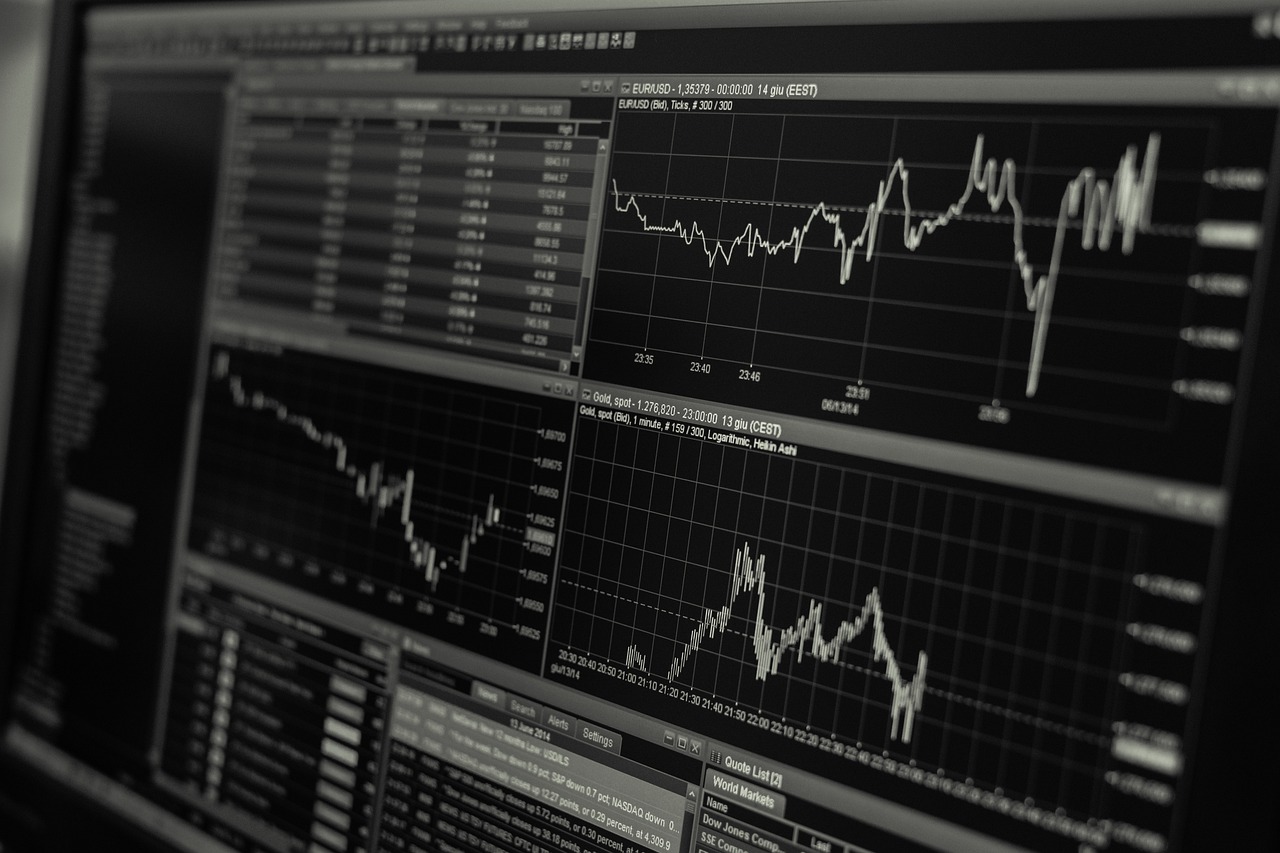Germany’s economy is set to contract again in 2025, marking the third consecutive year of economic decline. According to the German Chamber of Industry and Commerce (DIHK), the country’s GDP is expected to shrink by 0.5%—a stark contrast to the 0.3% growth forecast by Economy Minister Robert Habeck.
The economic slowdown would make Germany the weakest performer among industrialised nations. In 2024, the economy had already shrunk by 0.2%, following a 0.3% contraction in 2023. The last time Germany faced two consecutive years of recession was in 2002 and 2003.
Structural Crisis in the Economy
In January, Economy Minister Robert Habeck (Green Party) acknowledged that Germany was in a “structural crisis” but remained optimistic about a modest economic recovery. However, the DIHK’s latest forecast paints a more pessimistic picture, suggesting a deeper and more prolonged downturn.
The projections are based on a recent business survey involving around 23,000 companies. Only 26% of businesses reported a favourable economic situation, while expectations for exports remain bleak. A worrying 60% of respondents cited economic policy conditions as the biggest risk to their operations—a record-high level of concern.
Industry Investment at Risk
The industrial sector appears particularly cautious. According to the DIHK, only 22% of companies are planning to increase investments. Instead of focusing on innovation and growth, many businesses are struggling to maintain their existing structures. DIHK Chief Executive Helena Melnikov described this as “a clear alarm signal for the competitiveness of our economy.”
The weak economic performance and declining business confidence are also affecting the labour market. Only 12% of businesses expect to hire more staff in the coming months, while nearly a quarter anticipate a reduction in workforce.
Call for Pro-Growth Policies
Melnikov stressed that, following the upcoming Bundestag elections, the government must prioritise policies that stimulate economic growth. She outlined key measures, including reducing bureaucracy, ensuring affordable energy, improving infrastructure, and implementing a more competitive tax system.
With mounting challenges across various sectors, concerns are growing that Germany’s economy may take longer to recover than initially expected.
